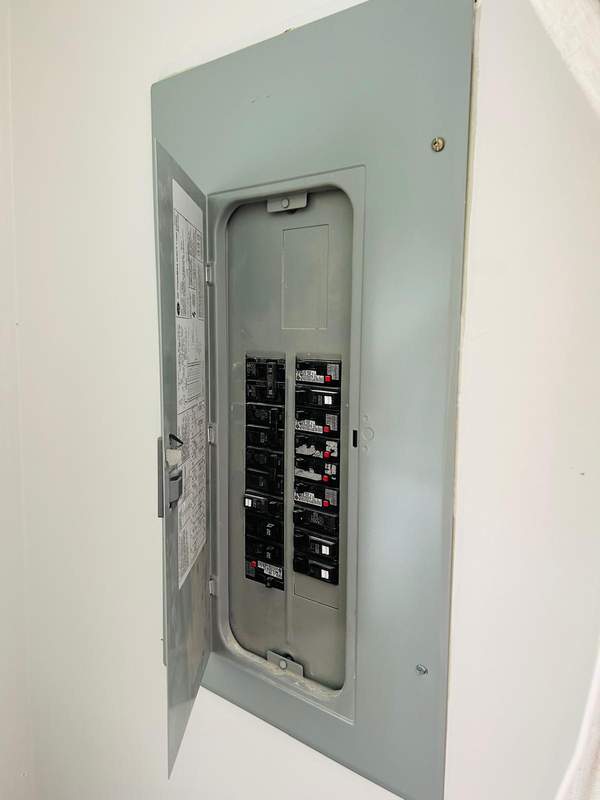Electrical safety is a concern for every homeowner, yet it’s often overlooked until a problem arises. Faulty wiring or outdated electrical systems can lead to serious hazards, including fires or electrical shocks. As a professional in the home inspection industry, we understand the importance of regular electrical safety tests to ensure your home remains a safe haven for you and your family.
Essential Electrical Safety Tests
Regularly scheduled electrical safety tests are crucial in identifying potential hazards. These tests not only comply with safety regulations but also provide peace of mind. Below are some essential tests every homeowner should consider:
- Grounding and Bonding Tests: Ensuring that your electrical system is properly grounded is vital. A grounding test verifies that the electrical system’s grounding connections are intact and effective. An inspector will use a multimeter to measure the resistance in the grounding path, ensuring it meets the National Electrical Code standards.
- Insulation Resistance Testing: This test evaluates the condition of the electrical insulation. By applying a high DC voltage to the wiring, inspectors measure the insulation resistance. Low resistance can indicate deteriorated insulation, which poses a risk of short circuits.
- Arc Fault Circuit Interrupter (AFCI) Testing: AFCIs detect and interrupt arcing faults in electrical circuits, preventing fires. Home inspectors will test AFCI devices to ensure they are functioning correctly, using specialized testing tools to simulate arcing conditions.
Understanding the Risks and Benefits
Conducting these tests can prevent serious electrical hazards. For instance, faulty grounding can lead to electrical shock, while poor insulation can cause fires. Regular inspections ensure compliance with industry standards, such as the National Electrical Code, reducing liability and enhancing safety.
Homeowners can also benefit from lower insurance premiums, as many providers offer discounts for homes with documented safety inspections and updates.
Practical Tips for Homeowners
Here are some practical steps homeowners can take to maintain electrical safety between professional inspections:
- Regularly check outlets for signs of damage or discoloration.
- Do not overload circuits; use power strips with built-in circuit breakers.
- Replace frayed or damaged electrical cords immediately.
Conclusion
By understanding the importance of these tests and implementing regular inspections, you can ensure the safety and efficiency of your home’s electrical system. For comprehensive safety assessments, consider hiring a professional home inspector to conduct these crucial tests, safeguarding your home and peace of mind.

